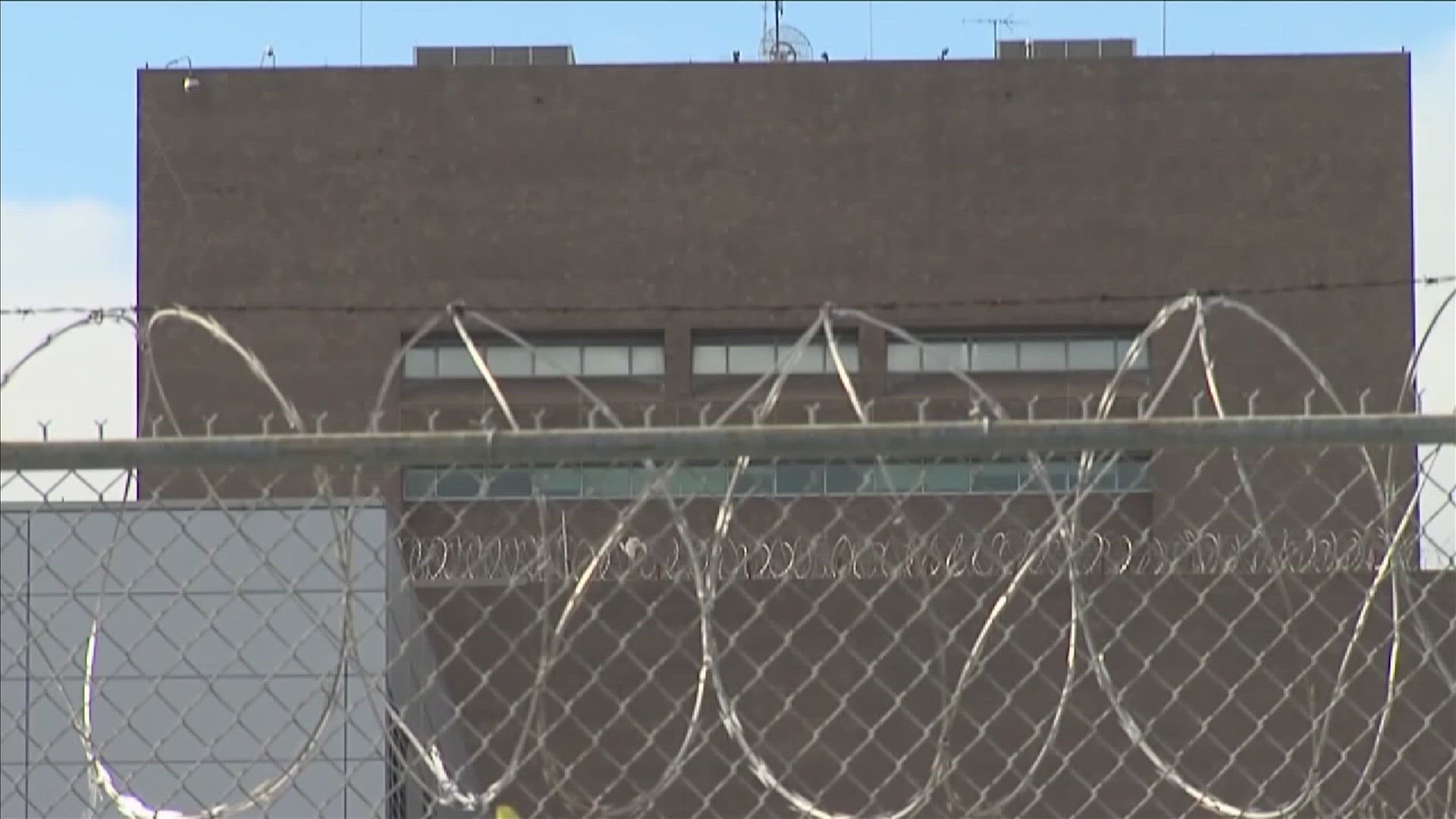MEMPHIS, Tenn. — A non-profit organization in Memphis is on a mission to help people who have been wrongfully convicted and incarcerated prove their innocence.
Under the current justice system in Tennessee, it can be extremely difficult for a person to prove their innocence without the necessary resources.
That’s why The Tennessee Innocence Project is committed to investigating and taking claims to court for crimes of people who did not commit them.
This organization is national, but has roots in Nashville, where it started four years ago. Now they have opened an office in Memphis, because the need is so high.
The Tennessee Innocence Project gets more applications from Shelby County than any other county in Tennessee.
Right now, Executive Director and Lead Counsel Jessica Van Dyke said they have about 10 cases in Memphis that they are working on, and so far, they have had more than 110 people write them, asking for help.
Without the organization working on a case, a person would have to spend hundreds of thousands of dollars to get the proper resources and representation, but this organization helps people, free of charge.
“I cannot imagine being in prison, being told what to do every single day, not getting to have freedom when you didn’t do anything wrong," Dyke said. "You didn’t do what they’re saying you did. The reality is that when people are wrongfully convicted, very, very few people ever have the financial means to afford an attorney. If we don’t provide those services, people are just going to languish in prison.”
Exonerations often take years to happen and require many hours, so TTIP steps in by providing attorneys, investigators, and volunteers to get the job done, free of charge.
“After someone applies, we’re going to investigate the case, vet the case," Dyke said. "We’re going to make sure that what this person is saying and the claims they’re raising are true … then once we feel confident … we’re going to go back into court and litigate those cases.”
The organization does have a waiting list, but if you or someone you know who was wrongfully convicted is looking to fight a case, click here to fill out an application. You’ll then be directed to write a letter explaining your story.
People can get involved with the organization's mission by clicking here.

